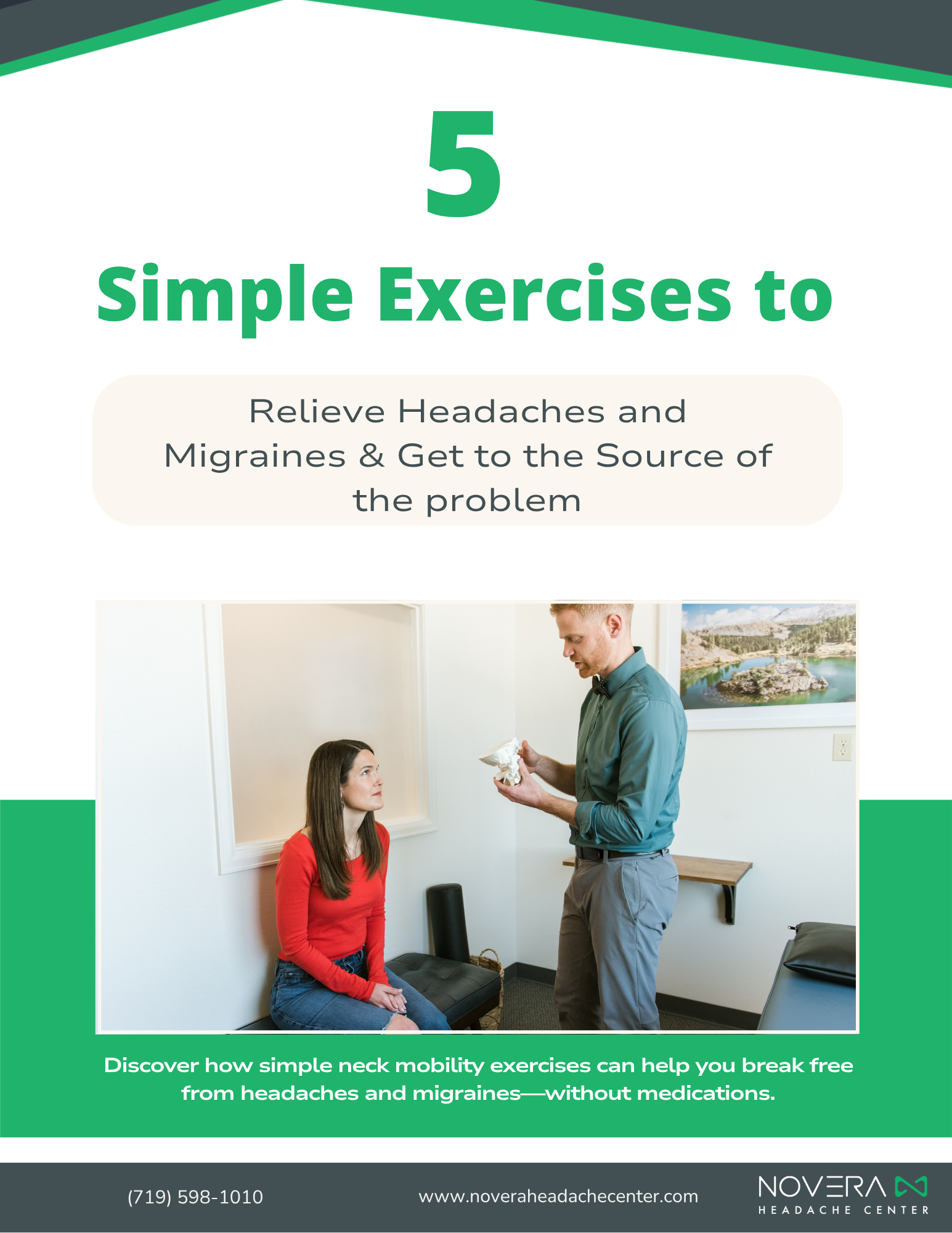
The other day I had a patient ask if it made sense to use pressure points on the foot to relieve her shoulder pain. She said that it seemed to help, but wasn’t sure if it should be working. I have also had patients ask my opinion on piercings to reduce headaches/migraines or wearing copper bracelets for pain relief.
These unconventional ways of finding pain relief are widespread and not uncommonly seen or heard of. They may have some genius marketing campaigns behind them in order to convince the masses that it will work, but is that wrong? Do we need all these randomized controlled trials and decades of research before trying out a new approach? I believe that evidence-based medicine that directs care should continue to be standard practice. It does interest me that this category of copper bracelets and ear piercings seem to defy all those studies.
Here is my theory on why… When the medicine fails people stop caring if the latest intervention was backed by billions of dollars and decades of research, all they want is for their headaches to go away and if there is some crazy guy that says for $20 they can buy a copper bracelet that is guaranteed to work, they believe it. They believe it because they don’t have any reason not to. The medication that was backed by research and billions of dollars failed them or left them with side effects that made it nearly impossible to continue.
So what was my response to the patient the other day?
Keep pressing on that spot on your foot!
By all means if you have found something that works, keep it up. No need to start sifting through research articles to find out if its all in your head. All these patient’s need is to believe that they found a solution and their belief is powerful enough to reduce their pain. If there is no harm done then why take it away from them? Copper bracelets and pressure points do work, they work because patients believe they work. Whether or not we see a physiological change in the tissue becomes less important at that time.
I will however qualify the above as I do not recommend these interventions, but my point is that we should not be so quick to abandon them or discourage them because of their lack of evidence. What I do recommend is finding long term relief that comes from restoring the body to its original levels of function.
Patients need something to believe in. If traditional methods fail them, we should not discourage them when they search for relief if the non-traditional approaches as they may be just what they need.




